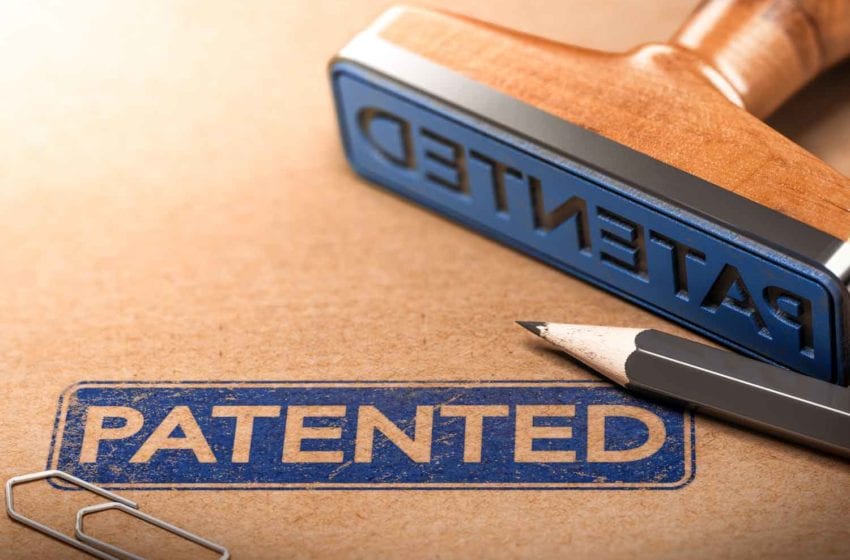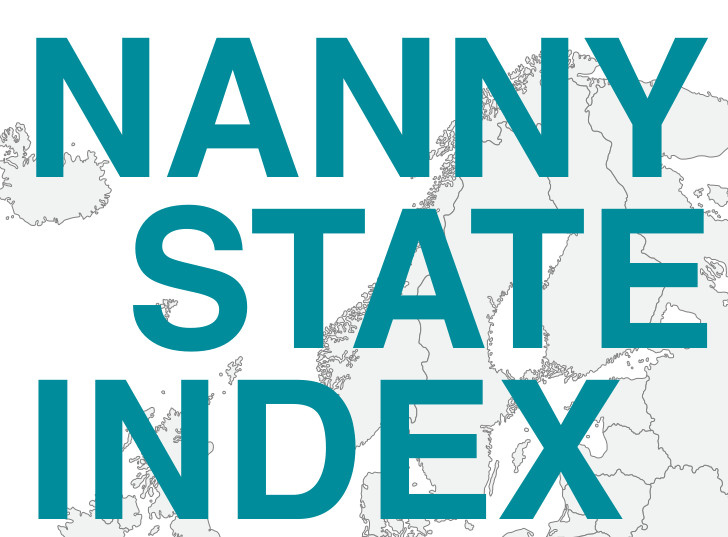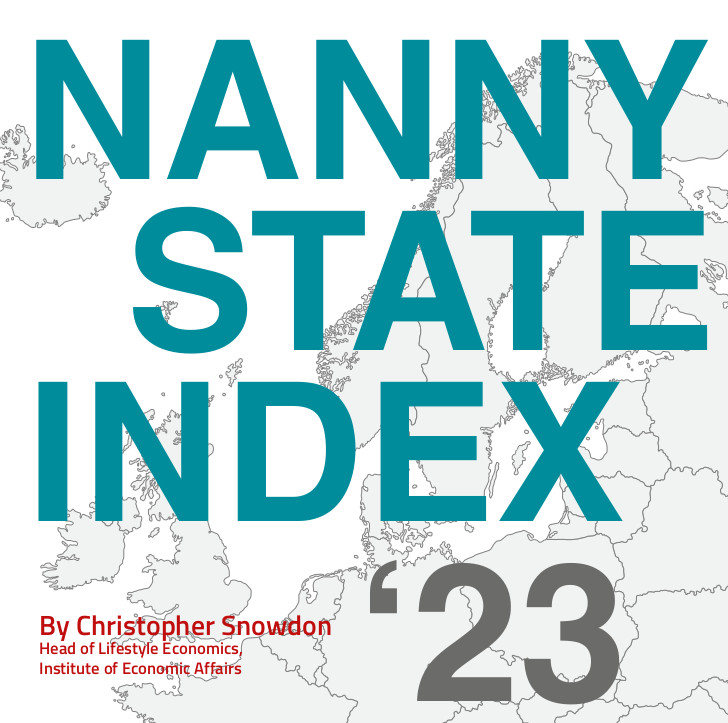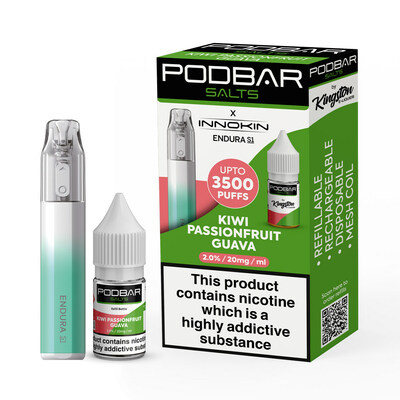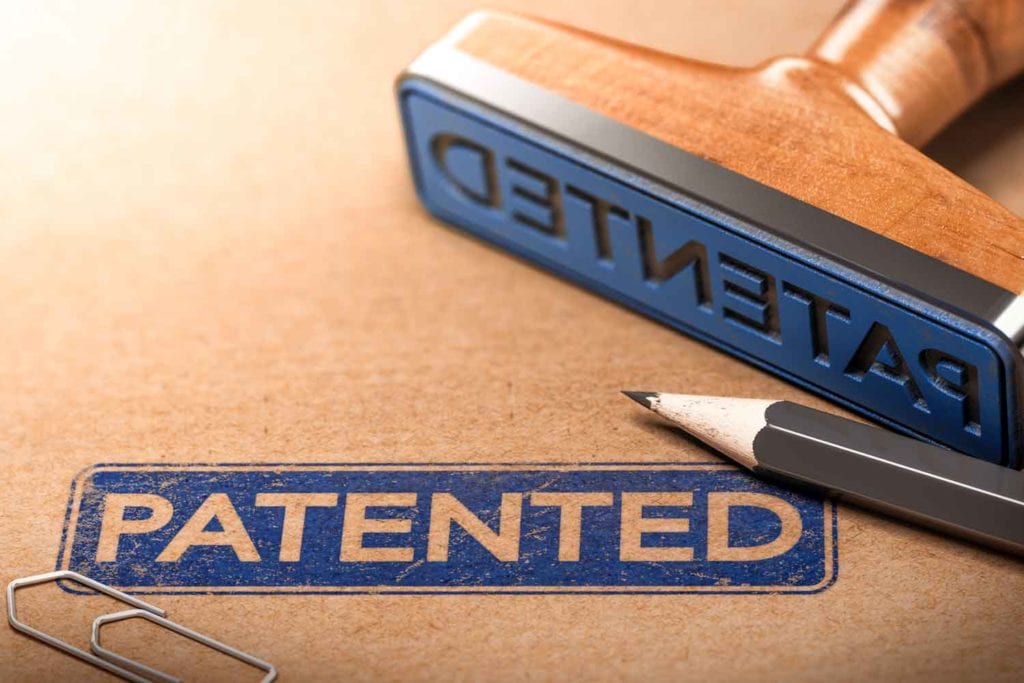

[T]he purchase of this extensive patent portfolio marks the first step in diversifying our product offerings for adult consumers and potential revenue streams.”
Eric Mosser, president and CEO, Kaival Brands
Kaival Brands Innovations Group has acquired an extensive patent portfolio from GoFire Inc. with the goal of diversifying its product offerings and creating near-term and longer term revenue opportunities.
The acquired assets will be housed in Kaival Labs, a wholly owned subsidiary of Kaival Brands, which develops new branded and white label products and services in the vaporizer and inhalation technology sectors.
In the near term, Kaival Brands expects to seek third-party licensing opportunities in the cannabis, hemp/CBD, nicotine and nutraceutical markets as a means of monetizing its new patents. Longer term, the company believes it can utilize the acquired patents to create innovative and market-disruptive products, including patent-protected vaporizer devices and related hardware and software applications.
The GoFire patent portfolio includes 12 existing patents and 46 pending patents with novel technologies across extrusion dose control, product preservation, tracking and tracing usage, multiple modalities (i.e., different methods of vaporizing) and child safety. The patents and patent applications cover territories including the United States, Australia, Canada, China, the European Patent Organisation, Israel, Japan, Mexico, New Zealand and South Korea. The portfolio also includes a proprietary mobile device software application that is used in conjunction with certain patents in the portfolio.
“This is a transformative asset acquisition for Kaival Brands,” stated Eric Mosser, president and chief operating officer of Kaival Brands. “As we look to the future of our company beyond our core Bidi Stick distribution business, the purchase of this extensive patent portfolio marks the first step in diversifying our product offerings for adult consumers and potential revenue streams. We are already exploring near-term, revenue generating opportunities through royalty-based licensing agreements with third-party partners in the cannabis, hemp/CBD, nicotine and nutraceutical spaces. Our longer term plan is to incorporate this intellectual property into new, adult-focused products and expand into new segments such as cannabis/hemp, nutraceutical and pharmaceutical markets that we can sell ourselves through existing and potential new distribution partners once all necessary regulatory clearances have been obtained. Additionally, we believe that the portfolio provides us with certain strategic advantages due to the limited number of patents in the vaporizer space. In short, we believe this forward-looking acquisition, with the acquisition consideration structured in key respects at premiums to the current market value of our common stock, broadens and strengthens our company and our prospects considerably as we seek to drive value for our stockholders.”
Nirajkumar Patel, chief science and regulatory officer of Kaival Brands and owner of Bidi Vapor, stated, “We believe these patents and patent applications represent a valuable opportunity to increase our product portfolio and diversify revenue streams. From a science perspective, these patents are innovative with novel applications, and we look forward to developing these patents into commercial or pharmaceutical products for adult consumers. From a regulatory point of view, there are only so many patents in the vaporizer space, and we believe that acquiring an extensive portfolio such as this is a wise strategic purchase for the long-term success of Kaival Brands.”
Peter Calfee, CEO of GoFire, stated, “We are excited to place these valuable assets into Kaival’s hands. After working hard to create this intellectual property with a goal of providing safer and healthier products to the marketplace, we engaged in a comprehensive assessment of how best to further its development into actual products and services with consumer reach. At the end of that process, we chose to invest our patent portfolio in Kaival in exchange for Kaival equity as the right fit for our technology. We have confidence in Kaival’s management team and board of directors as Kaival seeks to further develop and ultimately monetize this technology for the benefit of all Kaival stockholders, including GoFire’s stockholders. We look forward to realizing the potential market strength of this patent portfolio with Kaival.”

